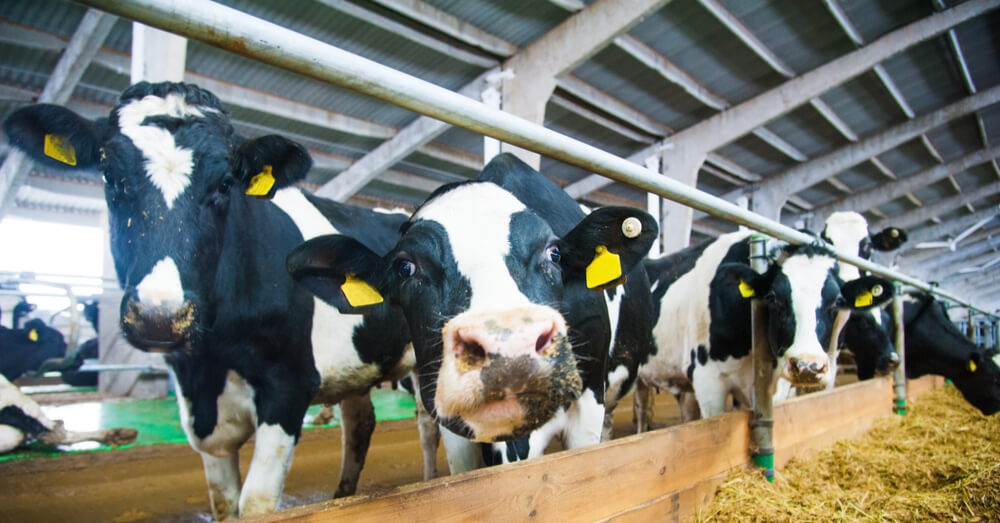
The Australian dairy industry plans to implement blockchain-based solutions for its struggling milk producers
Australia’s dairy farmers have experienced hardships resulting from drought, bushfires and competition from overseas in the last few years — factors that have caused the industry to fall from 16% to 6% when it comes to its share of trade in the last 30 years.
Farmers now face a bleak reality as their income has diminished drastically while efforts have increased, forcing them to live from an income that is barely enough to survive and keep their operations running.
In the July edition of its magazine, the Australian Dairy Farmers (ADA) announced the implementation of blockchain solutions to counteract the existing power imbalance between farmers and processors.
Not a new problem
The current difficulties experienced by dairy farmers in Australia has been long in the making with multiple initiatives already launched to try to solve it — with little success.
According to the Australian Competition and Consumer Commission (ACCC), the power imbalance existing in the dairy industry and its result, which are uncertain market prices, farmgate pricing and bargaining imbalance, have all existed since 2018.
The use of milk trading platforms, standard industry contracts and mandatory codes of practice were not enough to correct the existing problem. Now, the ADA has been contracted by the federal government to use blockchain in an attempt to create transparency in the trading and commercialisation of milk.
Blockchain may help end a bargaining imbalance
By giving each farmer and processor their own node in a blockchain network, the information would be securely saved while allowing milk supply chain operations to be recorded on the distributed ledger, with both parties able to review them instantly.
The records would contain information on contracts, amount of milk delivered and ordered, milk quality testing results, as well as payments received and sent, with editing permission only being available to the interested parties.
The immutability and security that blockchain technology provides would prevent any of the parties to tamper with the information or modify it without the other’s knowledge while allowing regulators to monitor the industry.
The ADA hopes that the use of blockchain will empower dairy farmers as well as reduce costs to compete in the local and global markets.

